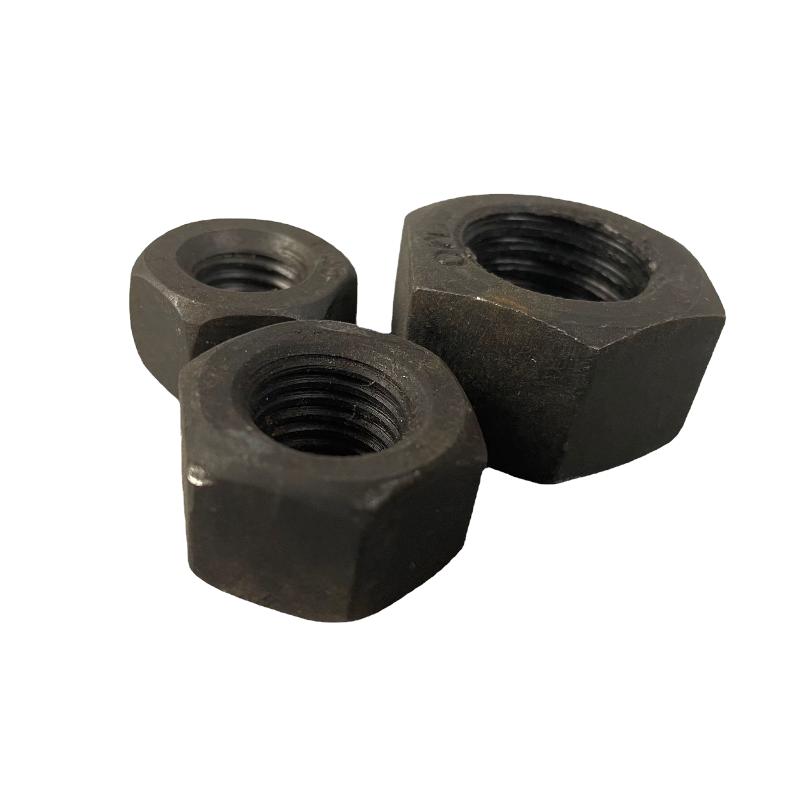

Exploring the Versatility and Applications of Flat Metal Washers in Various Industries
Jul . 28, 2024 16:36 Back to list
Exploring the Versatility and Applications of Flat Metal Washers in Various Industries
The Essential Role of Flat Metal Washers in Engineering and Construction
Flat metal washers are fundamental components in various engineering and construction applications. Despite their simple appearance, these small, circular discs serve significant purposes that are crucial for the integrity and durability of structures and machines. Made from diverse materials such as steel, stainless steel, aluminum, and plastic, flat washers come in different sizes and thicknesses to accommodate specific needs.
One of the primary functions of a flat metal washer is to distribute the load of a threaded fastener, such as a bolt or nut. By providing a flat surface for the fastener to sit on, washers help to equalize the bearing pressure, reducing the risk of damage to the material being fastened. This is particularly important when working with softer materials like plastics or thin metals, where direct pressure from a bolt can create dents or even lead to structural failure.
In addition to load distribution, flat metal washers play a vital role in preventing damage due to vibration. In machinery or structural assemblies where parts are subject to movement or dynamic forces, washers help to create a buffer between fasteners and the surfaces they contact. This cushioning effect minimizes wear and tear and reduces the likelihood of loosening over time, which can lead to critical failures. For high-vibration applications, specially designed washers, such as lock washers or spring washers, can be used in conjunction with flat washers to enhance stability further.
flat metal washer

Flat washers also serve an important role in preventing corrosion
. Many flat metal washers are coated or made from materials that resist oxidation and other forms of degradation. When a washer is placed between a fastener and the substrate, it acts as a barrier that helps protect both surfaces from moisture and environmental factors. This is especially crucial in outdoor applications or areas exposed to harsh conditions, as it can significantly extend the lifespan of the components involved.Moreover, the use of flat metal washers can simplify assembly processes. By providing a smooth surface for fastening, washers can make it easier to secure components and ensure a tight fit. In many cases, they also help to align parts accurately during assembly, contributing to the overall quality and efficiency of construction or manufacturing processes.
In the realm of sustainability, flat metal washers also support eco-friendly practices. By improving the longevity of assembled parts with their protective and supportive features, they help reduce the frequency of repairs and replacements needed over time. This not only conserves resources but also minimizes waste, aligning with contemporary efforts to operate in an environmentally responsible manner.
In conclusion, flat metal washers, though often overlooked, are indispensable in various engineering and construction applications. Their ability to distribute loads, prevent wear from vibrations, guard against corrosion, streamline assembly processes, and contribute to sustainability highlights their significance in modern industry. Whether used in automobiles, heavy machinery, or structural frameworks, the importance of choosing the right type of flat washer cannot be underestimated. As industries continue to evolve, the fundamental role of these simple yet effective components remains firmly entrenched in best practices, ensuring safety, reliability, and efficiency in every project.
Latest news
-
Premium Fasteners Manufacturer | AI-Driven Solutions
NewsAug.01,2025
-
Hot Dip Galvanized Bolts - Hebei Longze | High Strength, Corrosion Resistance
NewsAug.01,2025
-
High-Strength Hot Dip Galvanized Bolts - LongZe | Corrosion Resistance, Custom Sizes
NewsAug.01,2025
-
Best Self Tapping Screws for Drywall - Fast & Secure Installation
NewsJul.31,2025
-
High-Strength Hot Dip Galvanized Bolts-Hebei Longze|Corrosion Resistance&Customization
NewsJul.31,2025
-
Hot Dip Galvanized Bolts-Hebei Longze Metal Products|Corrosion Resistance&High Strength
NewsJul.31,2025

